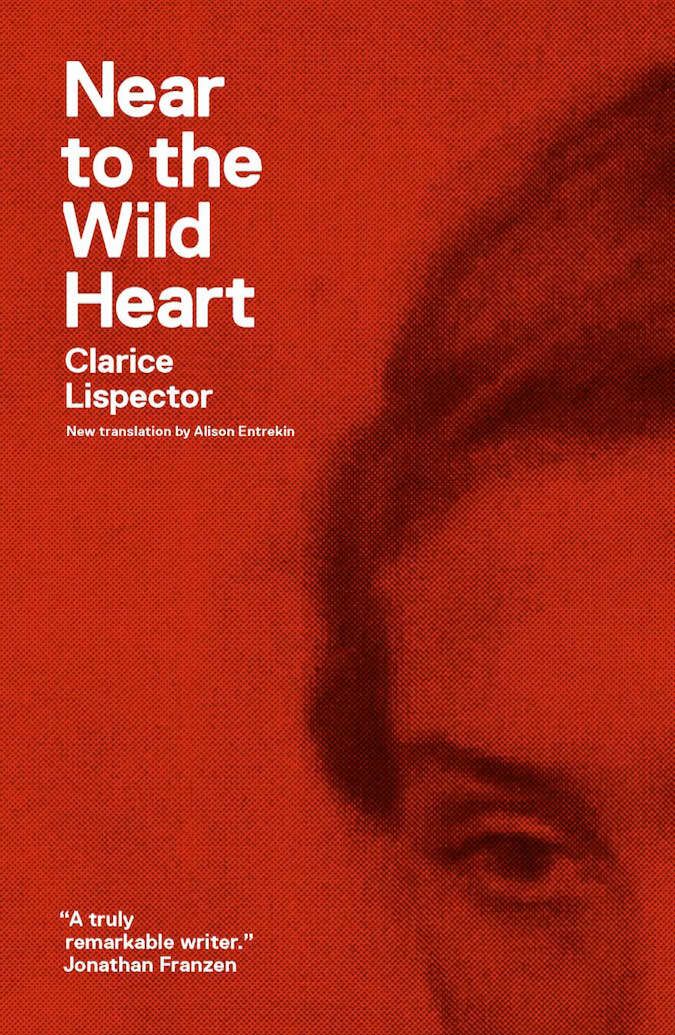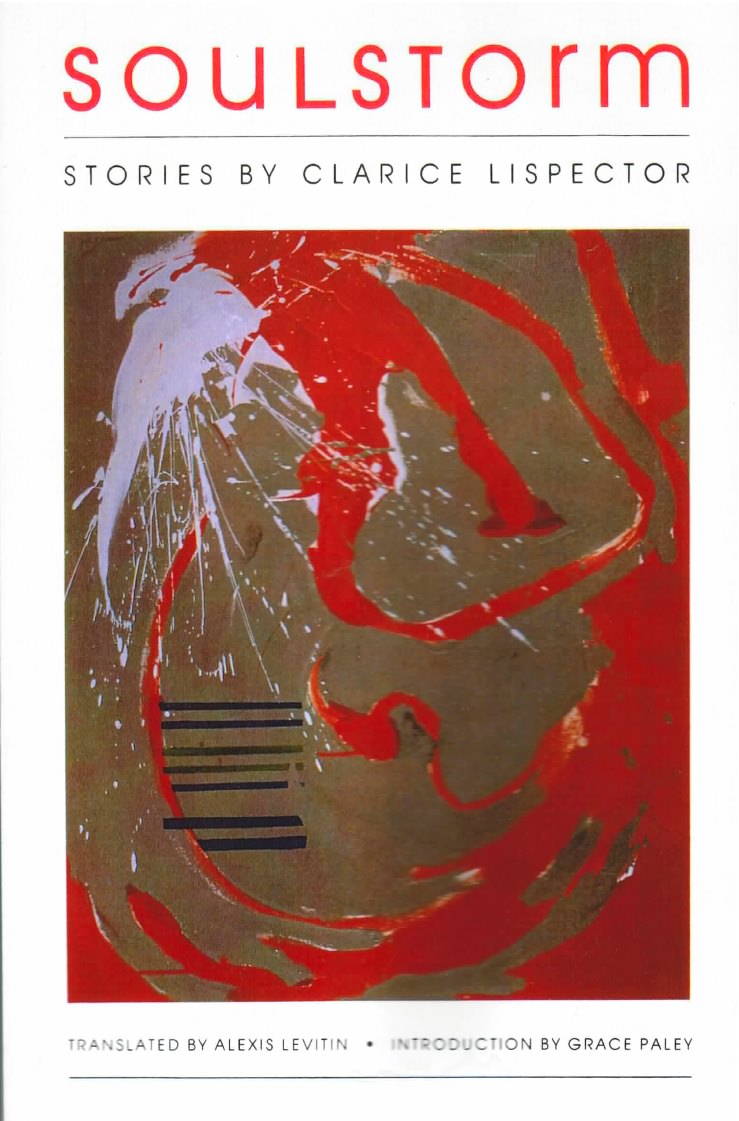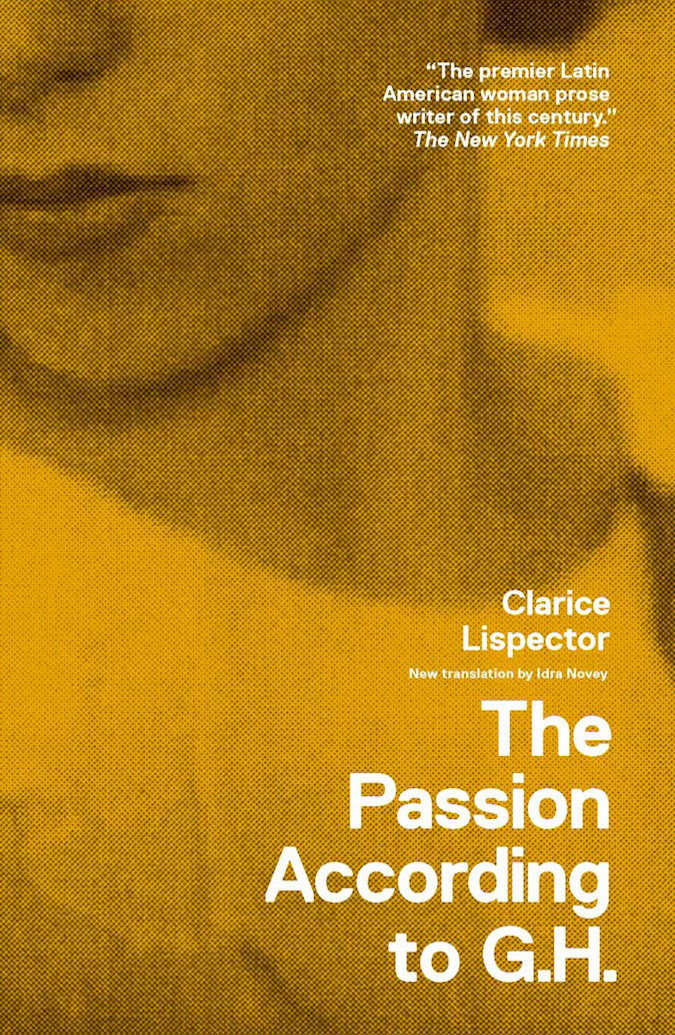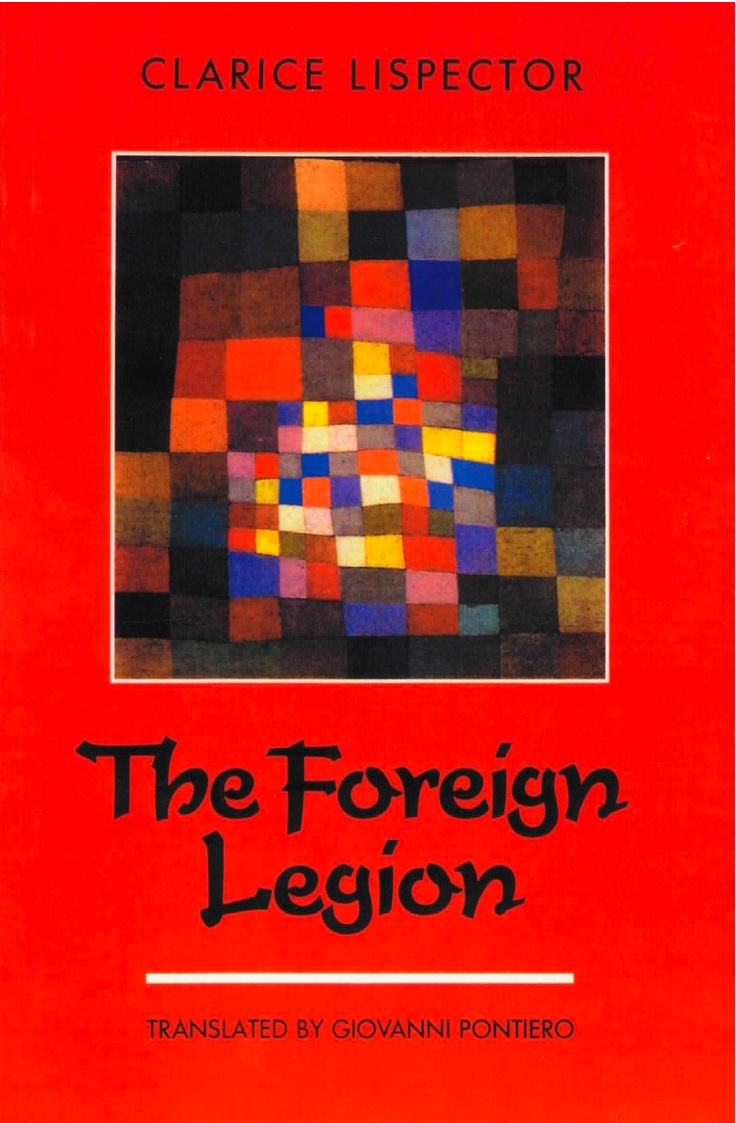By Kevin Rabalais
Readers assumed it was a pseudonym. The author, some said, had to be a man. Surely it couldn’t be as simple—as complex—as it seemed: in 1943, the twenty-three-year-old Ukrainian-born Clarice Lispector, daughter of Russian-Jewish émigrés living in exile in Brazil, published a debut novel that generated the kind of literary celebrity that no longer exists. Around the phenomenon and mystery of the writer who would later say, “I am so mysterious that I don’t even understand myself” and—in one of her many beautiful and elegant contradictions—“My mystery is that I have no mystery,” critics and readers established a new name for this literary wonder: the young author became known as nothing less than “Hurricane Clarice.”
A new voice, piercing and prophetic, arrived with the publication of Near to the Wild Heart. On top of her beguiling prose, Lispector also possessed another rarity. As the translator Gregory Rabassa recalled after meeting her, the author “looked like Marlene Dietrich and wrote like Virginia Woolf.”
In Why This World: A Biography of Clarice Lispector, Benjamin Moser writes about how Hélène Cixous believed that Lispector was “what Kafka would have been had he been born a woman.” Or, in Cixous’s own words: “if Rilke had been a Jewish Brazilian born in the Ukraine. If Rimbaud had been a mother, if he had reached the age of fifty. If Heidegger could have ceased being German.”
A visionary author of searing insight, Lispector is the kind of writer who makes you reach for your pencil. You read her books—among them Água Viva, The Hour of the Star, The Passion According to G.H. and Soulstorm—and underline passage after passage. You make notes in the margins. Then you find yourself eager to go out and spread the word. For as Moser writes, “The soul exposed in her work is the soul of a single woman, but within it one finds the full range of human experience.”
Over the past few days, the writer Daniel Stephensen and I have talked about our admiration for Lispector’s work. We’ve gone through our well-thumbed copies of her books to re-read some of our favorite passages, many of which involve one of Lispector’s central concerns: the act of creation. We’ll both be writing more about Lispector in future installments of Sacred Trespasses, but for now, we want to share a few sections of her inimitable work:
“After successive failures, I have also reduced myself, but I still want to discover the world and its God.”
“Do I not have a plot to my life? for I am unexpectedly fragmentary. I am piecemeal. My story is living. And I have no fear of failure. Let failure annihilate me, I want the glory of falling. My crippled angel who contorts all elusive, my angel who fell from the heavens to the hell where he lies savoring evil.
”
“Remember that, no matter what I write, my basic material is the word. So this story will consist of words that form phrases from which there emanates a secret meaning that exceeds both words and phrases.”
“I write for nothing and for no one. Anyone who reads me does so at his own risk. I don’t make literature: I simply live in the passing of time. The act of writing is the inevitable result of my being alive.”
“I cut the pain of which I write to you and give you my restless joy.”
“Of one thing I am certain: this narrative will combine with something delicate: the creation of an entire human being who is as much alive as I am. I have taken care of her because my mandate is simply to reveal her presence so that you may recognize her on the street, moving ever so cautiously because of her quivering frailty.”
“I want to live many minutes within a single minute. I want to multiply myself to take in even the desert regions that give the idea of eternal immobility.”
“The secret harmony of disharmony: I don’t want something already made but something still being torturously made.”
“I write as if to save somebody’s life. Probably my own.
”







